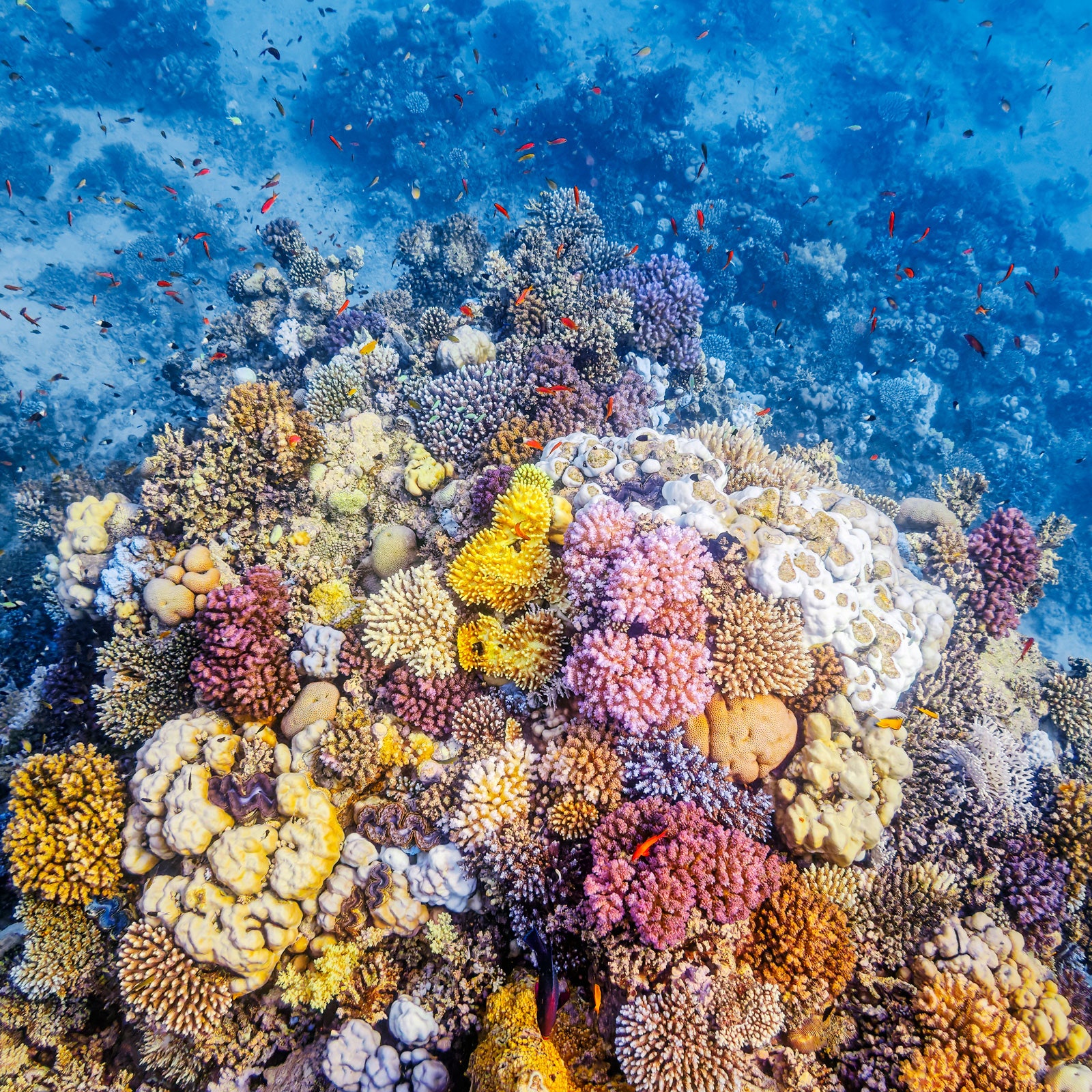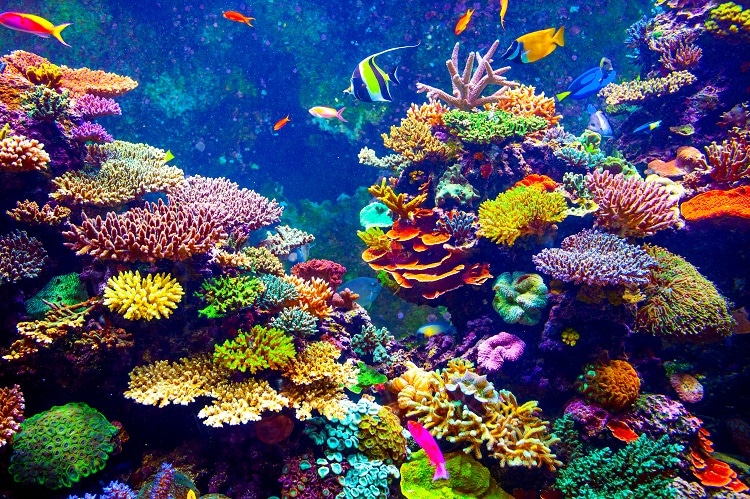Anish Ganpathy
Corals are marine invertebrates that are called phylum Cnidaria in the scientific language. They are singularly called polyps. A colony of polyps is called a coral, and a large group of corals forms a coral reef.
Corals are usually found only in oceans and sea beds and have vibrant and vivid colours. They are also probably the most recognised marine creatures after fish and dolphins.
They are also very helpful to other aquatic animals; they provide a home to algae. This microbe is food to many tiny creatures living in the ocean. They are very hollow and are spread over a long area. Hence, other animals like crabs, oysters, clams, sea urchins, starfish and sponges also have their homes in corals.
However, the current state of corals and all other marine animals dependent on it seems quite pitiable.

Various factors, natural and human, are causing corals to become an endangered species. And the disappearance of corals might be a huge problem for the ecosystem because corals eat zooplankton and small fish, which are consumed by very few other organisms. If corals become extinct, these species will keep growing in number and become the dominant marine species. Also, the various animals that depend on corals to live would grow extinct, as they would not have any habitat if corals disappear.
One of the main reasons for corals being endangered is the El Niño effect. The El Niño effect occurs in the Pacific Ocean, where corals are in a large number. It is an effect by which the surface water of the Pacific Ocean heats up to a very high temperature. This effect is known to harm many animals in the Pacific Ocean.
Corals are also very adversely affected by this phenomenon. The El Niño effect harms the growth of corals, and this often results in their death.
Although the El Niño is natural in some cases, it is mostly the result of global warming and the spreading of greenhouse gases. So, we must all come together to stop global warming. By doing this, we can save corals and many other marine animals from extinction.














Great. In the next article tell us how we can practically reduce global warming. Well written.
Well researched and very well essayed. Kudos Anish.